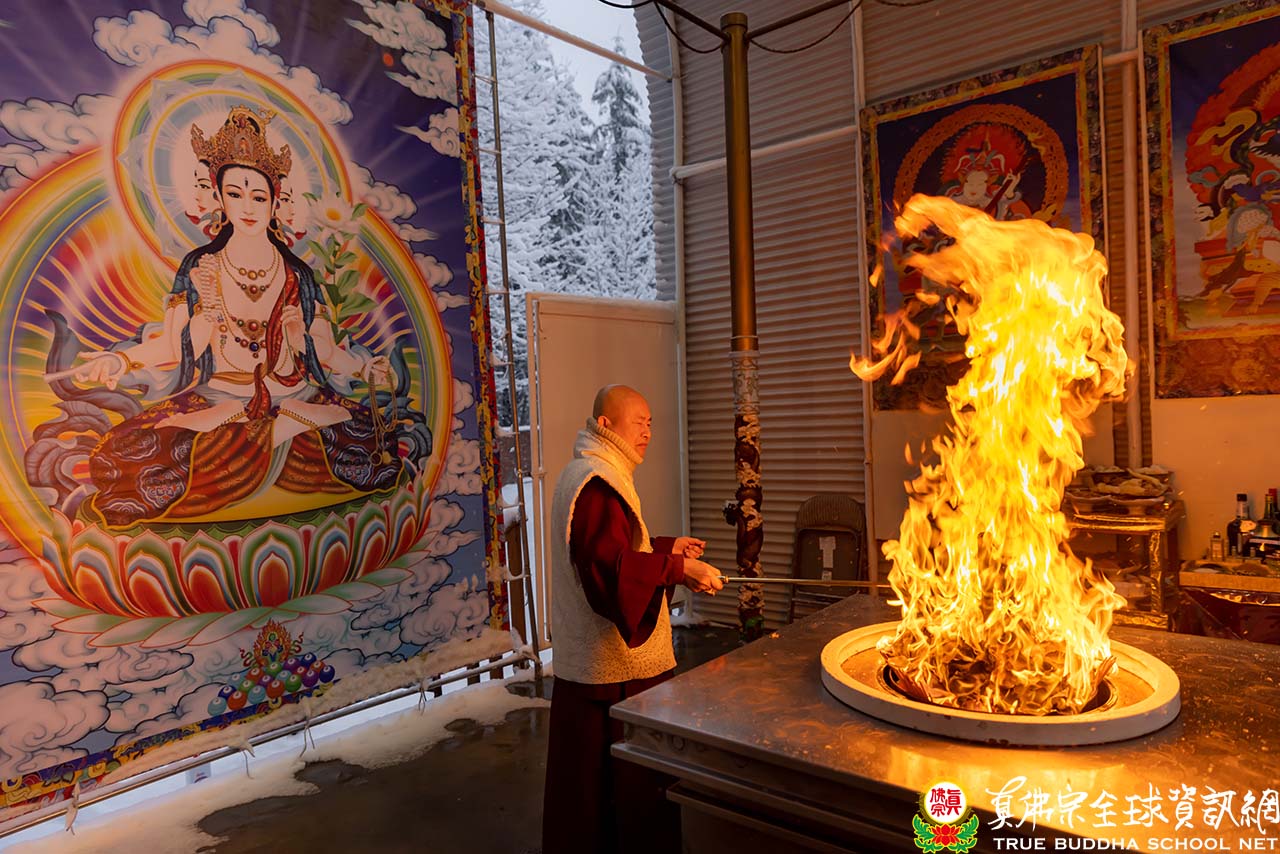
Vajracchedika Prajnaparamita Sutra
Vajra Sutra (Diamond Sutra)
Detailed Exposition by Living Buddha Lian-Sheng, Grandmaster Sheng-Yen Lu
Translated into English by True Buddha School Vajra Sutra Translation Team
Fourteen—Extinction Upon Abandoning Phenomena
Subhuti understood its profundity upon hearing this sutra and was moved to tears. He said to the Buddha, “World-honored One, it is rare indeed for the Buddha to speak on such a profound sutra. I have never heard of such a sutra ever since I attained my wisdom eyes.
“World-honored One, if someone generates pure faith upon hearing this sutra, they will give rise to real phenomena. This person will obtain the rarest of merits.
“World-honored One, the real phenomena are non-phenomena. Therefore, the Tathagata named it real phenomena.
“World-honored One, it is easy for me to believe, comprehend, accept, and uphold this sutra immediately upon hearing it. However, in the ensuing five hundred years, it would be most rare for sentient beings to hear, believe, understand, accept, and uphold the sutra. Why? Because [it is extremely rare for] a person not to have any view of self, others, sentient beings, and lifespan. The phenomena of self is non-phenomena, and so are the phenomena of others, the phenomena of sentient beings, and the phenomena of lifespan; they are all non-phenomena. Why? [Only] those who abandon all phenomena are called buddhas.”
The Buddha told Subhuti, “Just so, just so, Subhuti! If there is a person who is not shocked, frightened nor fearful upon hearing this sutra, it is extremely rare indeed! Why? Subhuti, the Tathagata said that the first and foremost paramita is not the first and foremost paramita; it is [merely] named the first and foremost paramita.
Subhuti, the Tathagata said that endurance paramita is not endurance paramita; it is [merely] named endurance paramita. Why? Subhuti, in the past, when King Kalinga dismembered my body, I was [in the state of] non-phenomena of self, others, sentient beings, and lifespan. Why? Because if I had the notion of self, others, sentient beings, and lifespan during the dismembering of my limbs, I would have felt hatred.
“Subhuti! Also, think of the sages who have practiced endurance for the past five hundred lifetimes, wherein each lifetime, they have no phenomena of self, others, sentient beings, and lifespan.
“Therefore, Subhuti, a bodhisattva should abandon all phenomena, generate the mind of anuttara samyaksambodhi, and give rise to the mind which does not dwell on sight, sound, smell, taste, touch, or anything at all. Even if the mind dwells on something, it is regarded as non-dwelling.
“Therefore, the Buddha said that a bodhisattva should not dwell on form when he performs the acts of giving. Subhuti! A bodhisattva should perform the acts of giving to benefit all sentient beings. The Tathagata said, ‘All phenomena are non-phenomena. Also, all sentient beings are not sentient beings.’ Subhuti, the Tathagata speaks truthfully, realistically, accordingly, credibly, and absolutely.
“Subhuti, all the dharma [anything] obtained by the Tathagata are neither real nor false. Subhuti, if a bodhisattva dwells on anything while performing acts of giving, it is as if he is in the dark; he will not see anything. If a bodhisattva does not dwell on anything when performing acts of giving, he is not blinded and will be able to see all sorts of forms as if the sun is shining.
“Subhuti! In future lives, should there be good men and good women who can accept and uphold, read or recite this sutra, they will be known and seen by the Tathagata through his wisdom, and they will attain vast and boundless merits.”
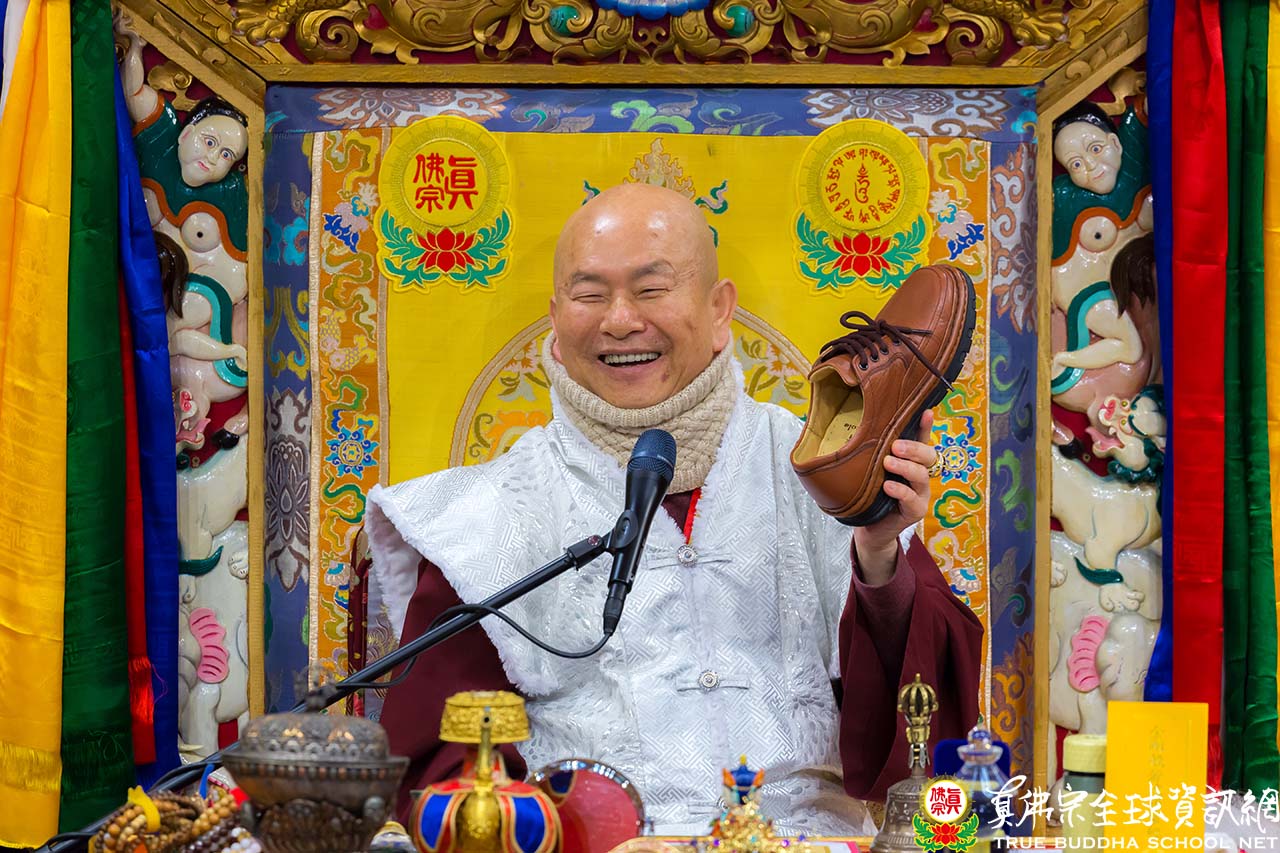
Let us now talk about the Vajra Sutra.
Subhuti! Also, think of the sages who have practiced endurance for the past five hundred lifetimes, where in each lifetime, they have no phenomena of self, others, sentient beings, and lifespan. Therefore Subhuti, a bodhisattva should abandon all phenomena, generate the mind of anuttara samyaksambodhi, and give rise to the mind which does not dwell on sight, sound, smell, taste, touch, or anything at all. Even if the mind dwells on something, it is regarded as non-dwelling. Therefore, the Buddha said that a bodhisattva should not dwell on form when he performs the acts of giving. Subhuti! A bodhisattva should perform the acts of giving to benefit all sentient beings. The Tathagata said, “All phenomena are non-phenomena. Also, all sentient beings are not sentient beings.” Subhuti, the Tathagata speaks truthfully, realistically, appropriately, without deceit, and without prejudice.
I just read quite a lot, but let us talk about this excerpt first: Subhuti! Also, think of the sages who have practiced endurance for the past five hundred lifetimes, where in each lifetime, they have no phenomena of self, others, sentient beings, and lifespan.
We will discuss the endurance paramita and the endurance sages. Endurance is one of the six paramitas—giving paramita, diligence paramita, endurance paramita, precept paramita, meditation paramita, and wisdom paramita. An endurance sage is someone who specifically cultivates endurance. Sakyamuni Buddha was an endurance sage in his past lives. We talked about this yesterday, regarding the time when the Buddha was dismembered piece by piece by King Kalinga. Such suffering was extremely difficult to endure, yet he could endure it all.
In my article, I wrote about this, “Oh, Buddha! You speak for yourself but let me cry out mine.” Why do I cry out? Because it hurts! I let the Buddha speak for himself, yet let me bellow for my pain. When a blade slits my finger, I would cry out in pain! How could I endure it? When one’s bones are cracking or breaking, how can I possibly withstand the pain? I would wail!
Nevertheless, as I told Sakyamuni Buddha, I do understand the non-phenomena of self, others, sentient beings, and lifespan. I can also explain the non-phenomena of self. The “self” disappears when the four elements disintegrate. As soon as the earth, water, fire, and wind elements disintegrate upon death, there is nothing left. There is no more self, and there is also no more pain, suffering, afflictions, etc... Nothing exists anymore. This is the non-phenomena of self.
However, we still have the physical body! Laozi once said, “All my miseries are due to this physical body.” Grandmaster feels and thinks the same way. Grandmaster is now 77, and next year I will be 78 according to the Taiwanese calendar. I understand the non-phenomena of self. I understand that the self becomes non-existent when the four elements disintegrate. However just like Laozi, I also deemed that all the problems in my life are due to this physical body!
In my sleep, my chin suddenly itched so much that I scratched it with my fingernails. Thus, I cut my nails to be much shorter now. But the scratching still left a dark red mark on my chin. Someone asked me what happened, to which I replied, “Oh, I was kissed by a pretty lady.” [chuckles] “Was it really a kiss and not a love bite? Love bites won’t go away, y’know?” Obviously, that was a joke! It was just an annoying itch and scratch in the middle of the night.
If there were no self, and when the four elements disintegrate, how could there be an itch? There will be no itching. When the four elements disintegrate, there is no phenomena of self. When the four elements disintegrate, do you still have to endure anything? No, there is no need to endure! It is only because you have this physical body that you must endure.
You would hear someone scolding you because you still have the sense of hearing. You would feel someone beating you because you still have the sense of touch. When I was giving consultations, a young lady unexpectedly extended her hand up my lama skirt. Oh my goodness! She was very bold and dared to touch the old man’s jade legs! [chuckles] However, I was totally unmoved although it was a feeling I had not felt in a long time. Well, [I was not annoyed because] it was worth it, right? [chuckles] The sensation arises due to the physical body.
There are many things that we must endure due to this physical body. Talking about pain, the Buddha could endure the slow mutilation, but Sheng-Yen Lu cannot. Why? I will wail and cry out in pain. If my bones are really broken, I will cry out to my father and to my mother! It is due to this physical body that I wrote “Buddha, you speak for yourself, and I will cry out mine [my pain]” at the end of my article.
However, I do understand that mockery and reproaches have no effect on me at all. I would just let it in one ear and out the other. Once you cultivate to a certain stage, you will stay totally unmoved and unwavering, no matter how severe the reproaches are. It is no big deal! It does not matter how much or how long, whether they curse me until their mouths are dry or until their spirits are exhausted, I will be unmoved and unaffected. This I can do. I can do this because I have reached the non-phenomena of self.
But I do not want to be an endurance sage. Why? There were many lifetimes where the Buddha sacrificed his body for the sake of others. In one instance, the Buddha cut off a piece of his flesh to feed a hungry eagle. At another time, he sacrificed his own body to feed a tiger. Unfortunately, I am not able to do this. If I see a tiger coming, I would run away. [chuckles] I am not Wu Song,[1] who defeated a tiger. Actually, Wu Song was quite afraid of tigers but because he was drunk he mustered up the courage. He beat the tiger until his arm was very sore before finally defeating the tiger.
Also, think of the sages who have practiced endurance for the past five hundred lifetimes, where in each lifetime, they have no phenomena of self, others, sentient beings, and lifespan. To be an endurance sage is to recognize that nothing exists. As such, there is no need to “endure” as there is no phenomena of self, others, sentient beings, and lifespan. Nothing needs to be endured. It is very simple. I understand this concept, but to do what the Buddha did would be easier said than done.
Therefore, Subhuti, a bodhisattva should abandon all phenomena, generate the mind of anuttara samyaksambodhi, and give rise to the mind which does not dwell on sight… We are talking about a bodhisattva should abandon all phenomena, generate the mind of anuttara samyaksambodhi.
In other words, it is like what Jesus said, “Do not let the left hand know the good deeds done by the right hand.” You do not keep it in mind. You do not dwell on whatever you do, even when you do good deeds. Do not dwell on the idea that you want to do good deeds, as that would be wrong. Just do it! Once you do it, forget about it. Do it, forget it.
This is called dharmata, the intrinsic suchness of everything. Dharmata refers to the non-phenomena of self, non-phenomena of others, non-phenomena of sentient beings, and non-phenomena of lifespan. This is how everything should be, intrinsically without any phenomena whatsoever. And this is how you should do it—without dwelling on any kind of phenomena.
Whatever you do, it is not to show others, or to any sentient being, and not even to yourself. You should not do anything for anybody’s sake, not your own, others, nor those of sentient beings. None of those! Otherwise, it would be completely wrong. This is the endurance sage, which is what we should strive for.
At this time, a bodhisattva abandons all phenomena, which means nothing is for self, others, nor sentient beings. None of it! A bodhisattva has only bodhicitta.[2] The bodhicitta is present [naturally] and it is not [intentionally] generated for ourselves, not for others and not for sentient beings either. This is what it means.
Om mani padme hum.
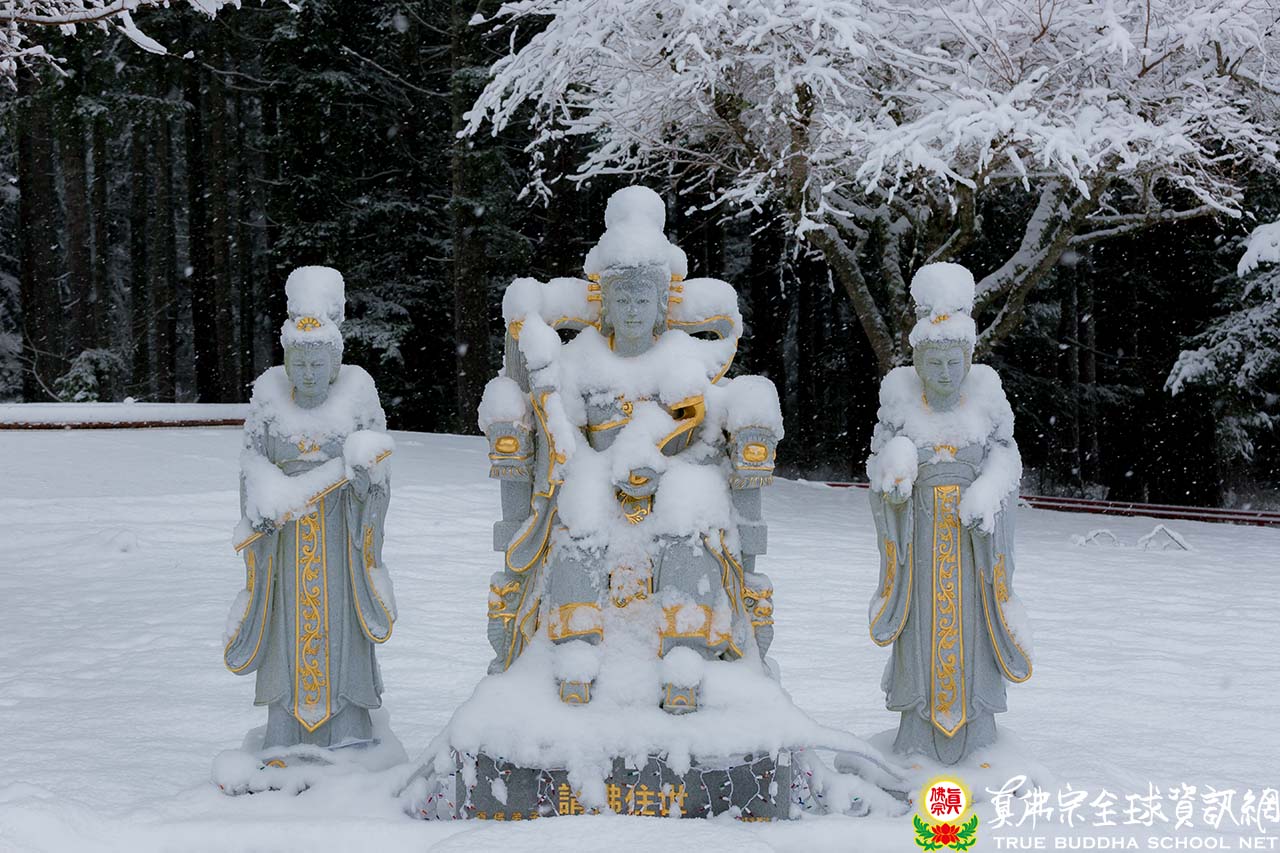
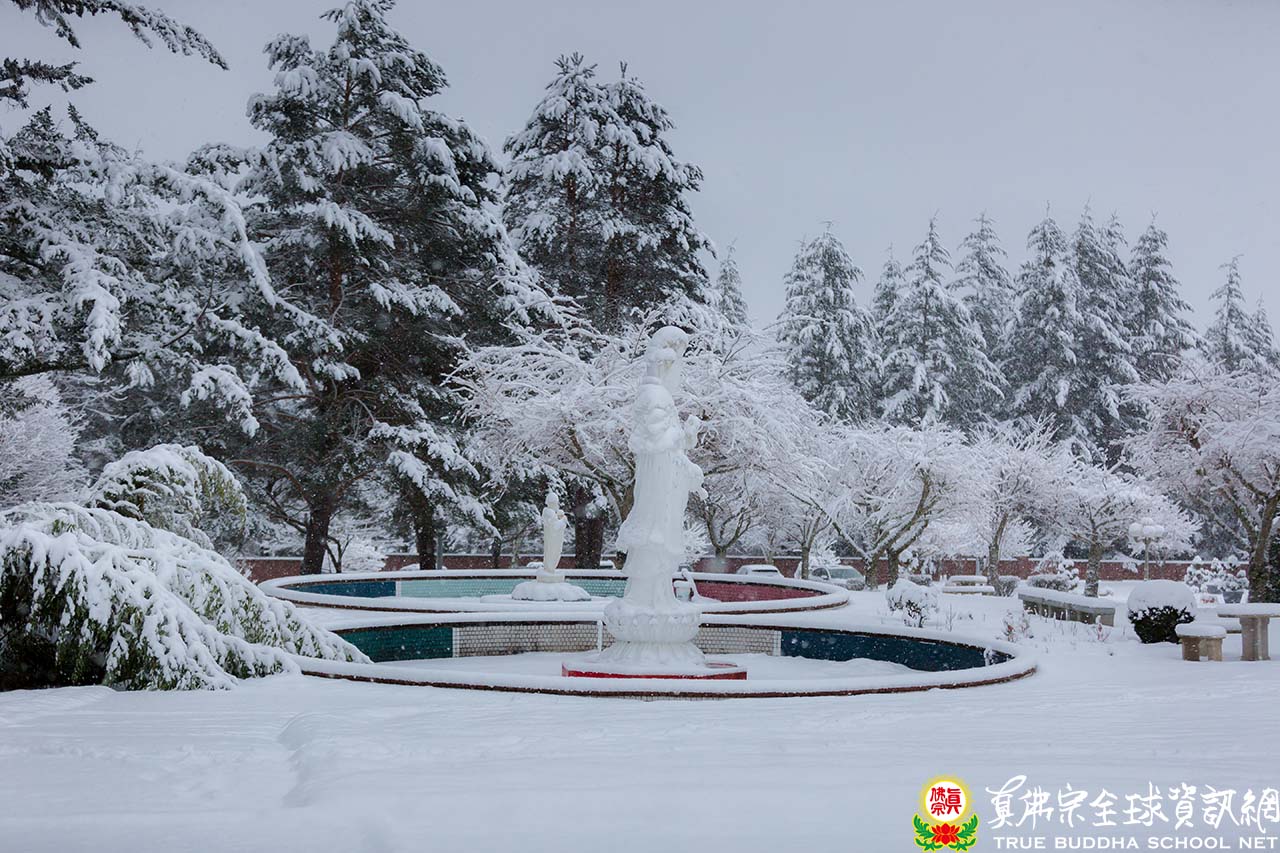
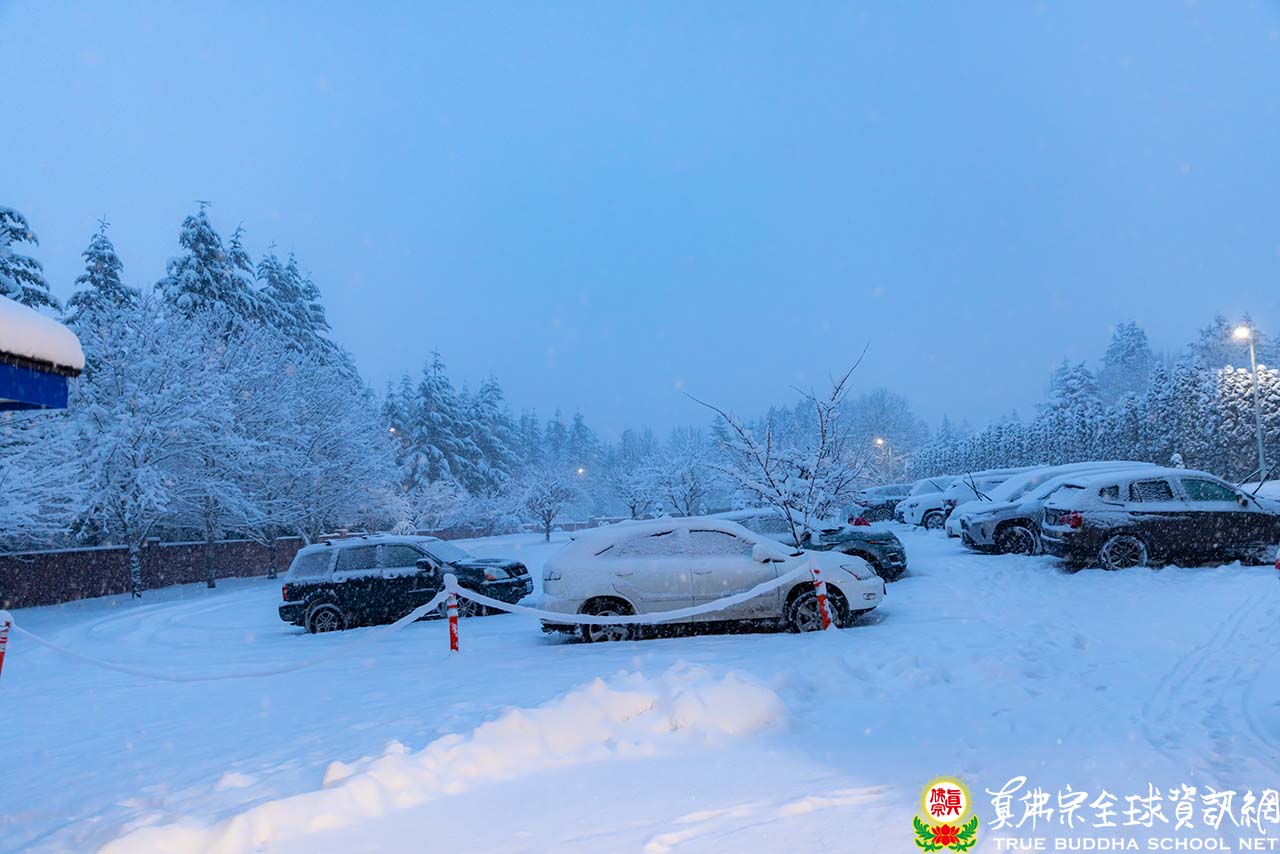
Next discourse on the Vajra Sutra: Discourse 46, 1 January 2022 - Chapter Fourteen—Extinction Upon Abandoning Phenomena (continued)
Previous discourse on the Vajra Sutra: Discourse 44, 25 December 2021 - Chapter Fourteen—Extinction Upon Abandoning Phenomena (continued)
Index of links to all discourse on the Vajra Sutra: https://en.tbsn.org/guidem/detail/2265/
Back to the main index page of all dharma discourse: https://en.tbsn.org/guidem/index
Full webcast of 2021.12.26 Amoghapasa Homa Ceremony (Rainbow Temple, North Bend, USA) and dharma discourse with English interpretation: https://youtu.be/tFN9ji57ybc



